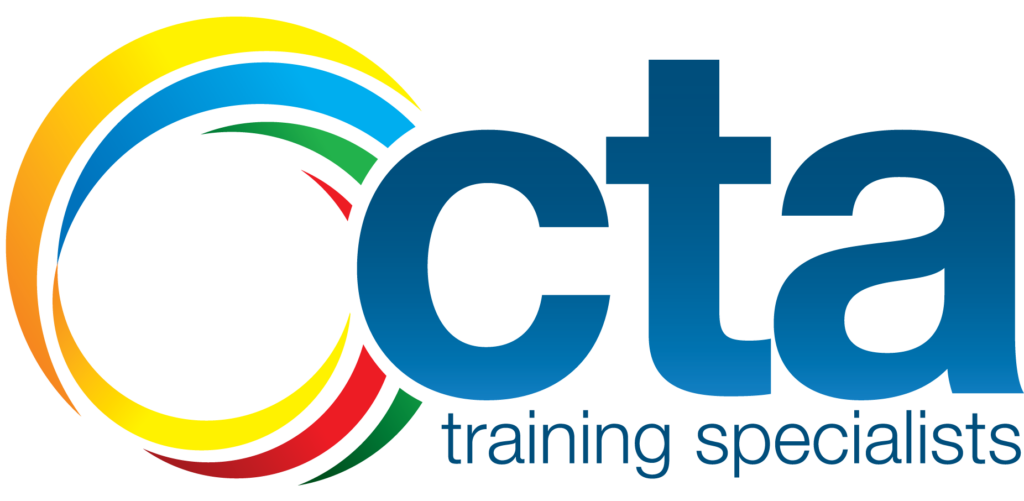News
Business Compliance with Food Safety Supervisor NSW Requirements
Running a business requires serious consideration before embarking into it. One of the biggest responsibilities of any business is ensuring they’ve complied with their legal requirements. For food businesses in New South Wales, one of these requirements is a FSS (Food Safety Supervisor NSW). This is mandated through the Department of Primary Industries of the NSW Government by way of the Food Act 2003.
The Food Act 2003 is a piece of legislation that among others, regulates the handling of food for sale and the sale of food, provides the framework by which the Australia New Zealand Food Standards Code in New South Wales can be applied, and repeals the Food Act 1989. The Food Act 2003 is composed of 144 sections divided into 11 parts and 2 schedules.
The Food Act 2003 also gives legal effect to the Food Standards Code (NSW), through which food businesses are legally obligated to have food safety programs in place before they may be allowed to operate – increasing the requirements for Food Safety Supervisors.
Food Safety Supervisors, or FSSs, are people appointed by food businesses to monitor, supervise, and implement food safety programs. These programs must follow the guidelines set out by the Food Act 2003 regarding food safety. FSSs undergo training via Food Safety Supervisor NSW training, which is offered via online or face-to-face classes. The training is provided by Registered Training Organisations (RTOs) that are approved by the Food Authority. The list of approved RTOs and their locations can be found on the Food Authority’s official website.
Given this information, the requirement of having an FSS on staff is two-fold: to recognise and prevent risks associated with food handling in a retail food business, and to train and supervise other people in the business about safe food handling practices. It’s the FSS’s goal to prevent individuals from consuming or handling food that could make them or others ill or injured due to incorrect food handling practices.
With that said, complying with the FSS requirements is very simple.
Determine whether your business needs an FSS
Determining the type of business you’re running is the first step in FSS compliance. Food businesses include many categories, including restaurants, cafes, and mobile food vendors. There are food businesses that are exempt from requiring an FSS; to view the full list, visit the Food Authority’s official website.
Choose the person you must appoint as a FSS for your business
Appointing an FSS can happen during the hiring process or by appointing an already-employed staff member. If the person selected has already completed their FSS training ensure that their Statement of Attainment and FSS certificate is current.
On the other hand, if the selected person hasn’t completed any FSS training, they must complete an FSS course through an approved RTO.
A FSS obtains the required units of competency
Only persons who have completed FSS training, and have presented their Statement of Attainment and FSS certificate (proofs of completion) may serve as FSSs.
Food businesses may not operate while a designated FSS person is still in training; fines or suspension of licence may apply against the food business if they are found to be operating without FSS compliance.
A FSS receives a Statement of Attainment and an FSS certificate
These documents must be kept on the premises of the food business. A FSS may only serve in the capacity of the venue only; for food businesses with branches or outlets, a separate accredited individual must be appointed as a FSS per branch or outlet.
After five years, a FSS requires refresher training
FSS certificates have a validity period of five years to the date of issuance. Once the certification has expired, FSSs are required to take refresher training for food businesses to continue operations with due compliance.
For information on the Food Safety Supervisor training course, visit CTA Training Specialists (Club Training Australia) today!
